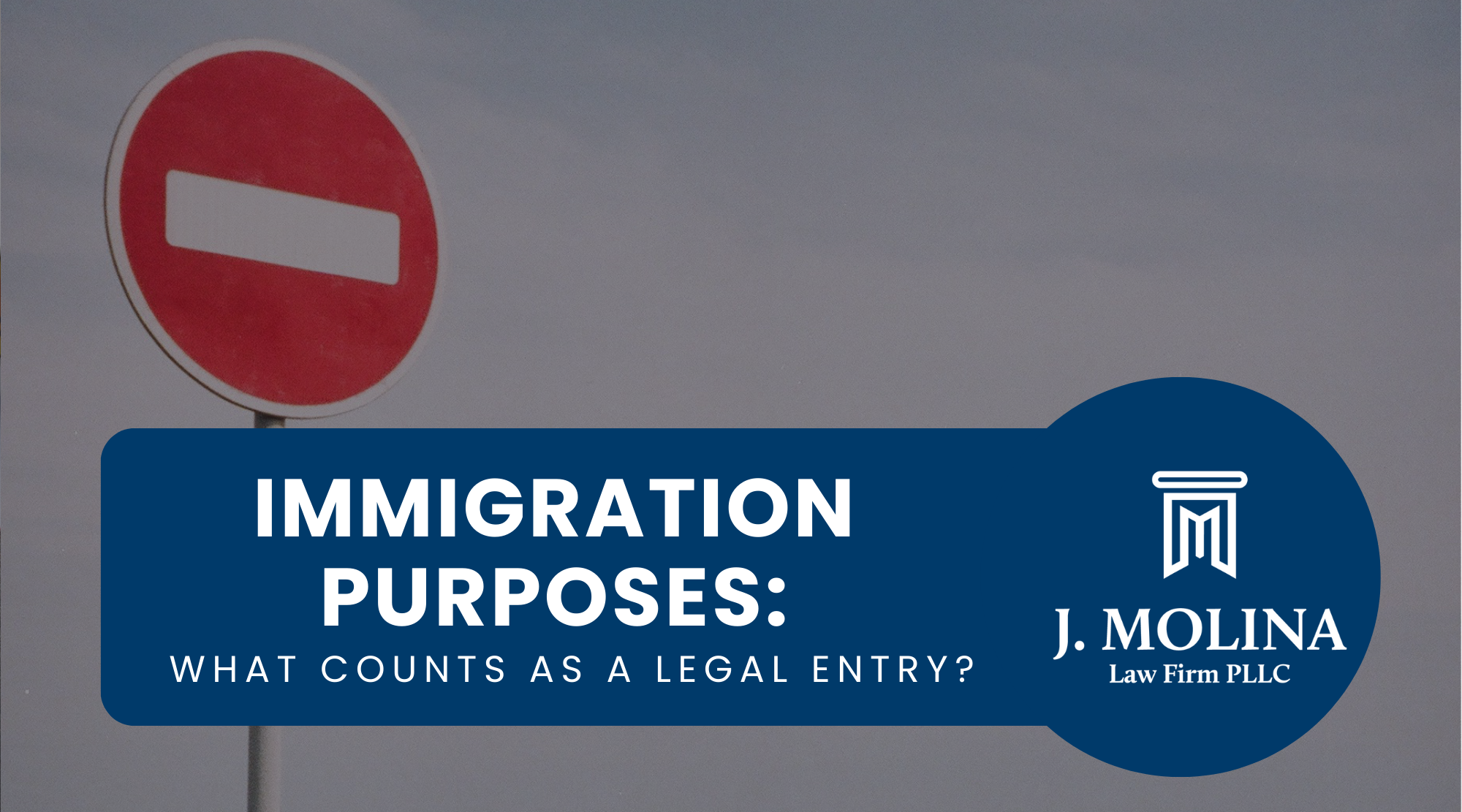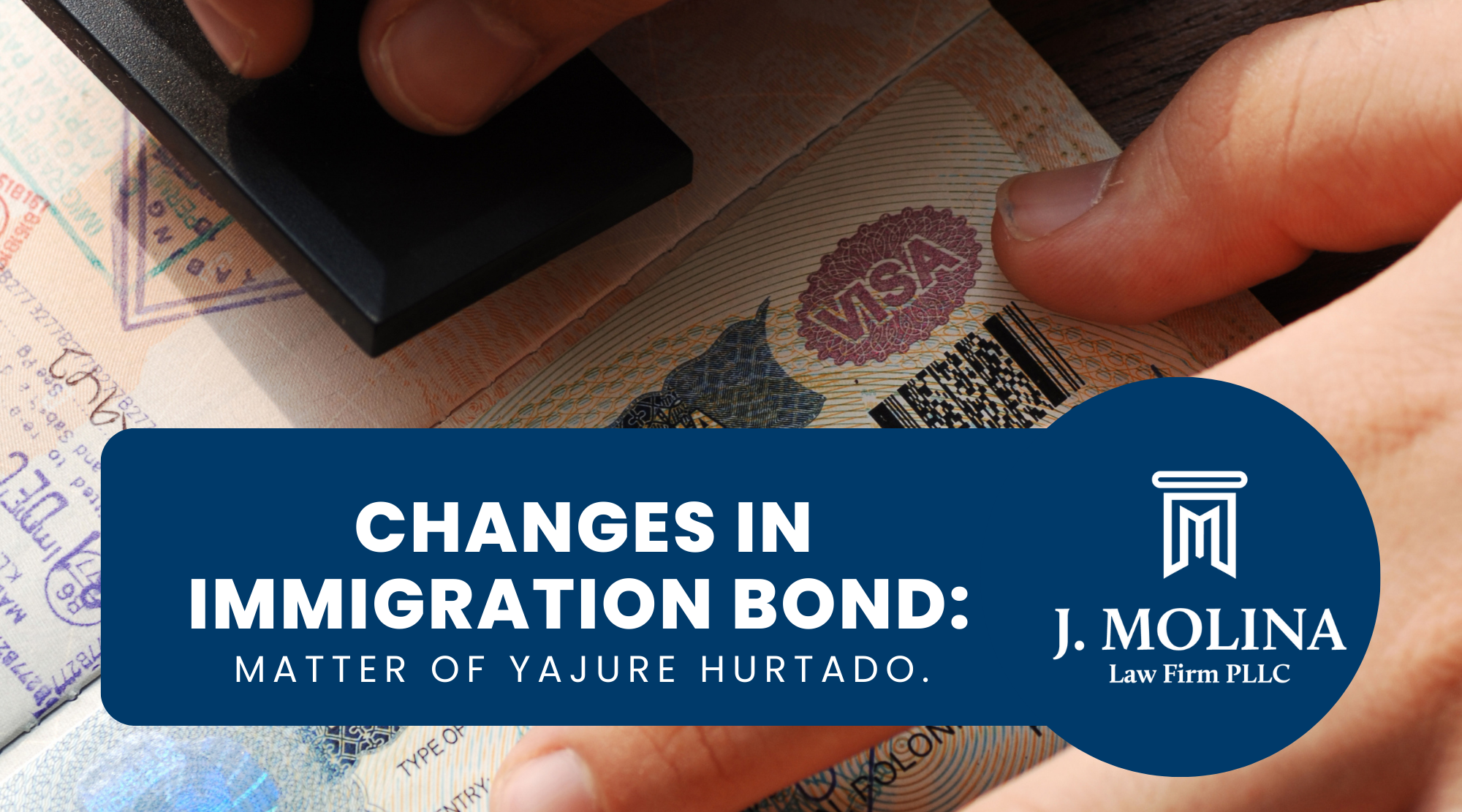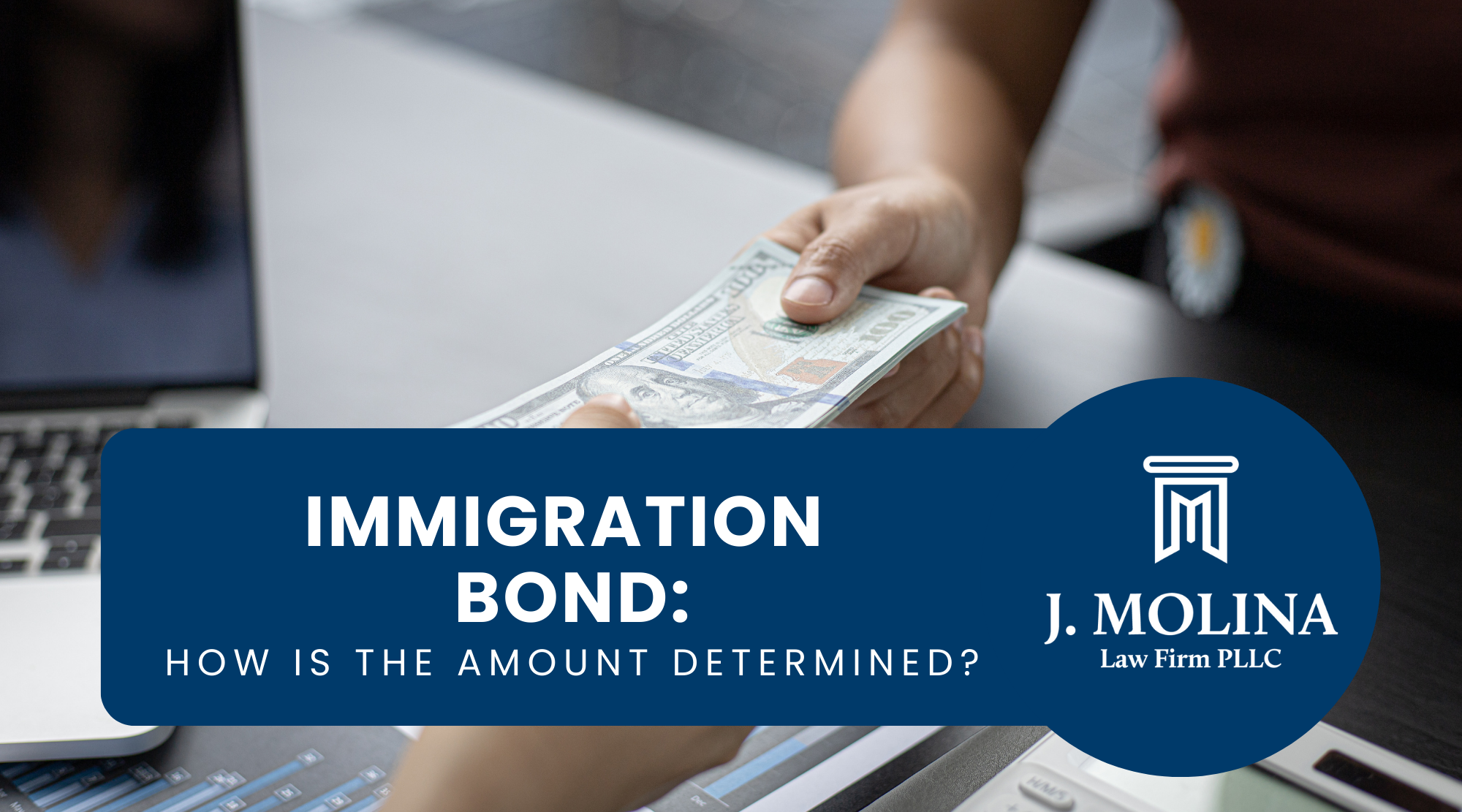Understanding what counts as a legal entry to the United States is essential for immigrants who wish to apply for benefits such as a green card through adjustment of status. U.S. immigration law has clear rules about who qualifies—and who doesn’t.
What Is Considered a Legal Entry?
For immigration purposes, a legal entry occurs when:
- You present yourself at a U.S. port of entry (like an airport or land border) to a Customs and Border Protection (CBP) officer.
- You undergo inspection, and the officer admits you into the United States.
This is called “inspection and admission,” and it’s the foundation for many immigration benefits.
Examples of Legal Entry
- Entered with a visa: If you arrived at the airport with a tourist, student, or work visa and were admitted, this is a legal entry.
- Waved through at the border: If a CBP officer let you pass without asking for documents or questions, and you didn’t falsely claim U.S. citizenship, this may still count—if you can prove it.
- Entered as a refugee or parolee: Being inspected and allowed in as a refugee or under parole generally counts as legal entry.
What Doesn’t Count as Legal Entry?
- Entry without inspection (EWI): If you crossed the border illegally without seeing a CBP officer, that is not a legal entry.
- False claim to U.S. citizenship: Even if you were let in, this invalidates your entry for immigration purposes.
- Fraud or misrepresentation: If you lied to the officer to gain entry, it may still count as legal entry—but you could face other immigration consequences.
How Do You Prove Legal Entry?
To show that you were legally admitted, you can use:
- A passport with an admission stamp
- Form I-94 (paper or electronic arrival/departure record)
- Border Crossing Card (for certain Mexican nationals)
- Other documents issued by CBP or USCIS
Why It Matters
Many immigration processes—like applying for a green card from inside the U.S.—require proof of legal entry. Without it, you may not qualify unless you meet specific exceptions or waivers.
Unsure About Your Entry?
Don’t leave your future to chance. At J. Molina Law Firm, we help immigrants understand their legal options based on their entry history. Contact us today for a consultation, and let’s find the best path forward for your case.



